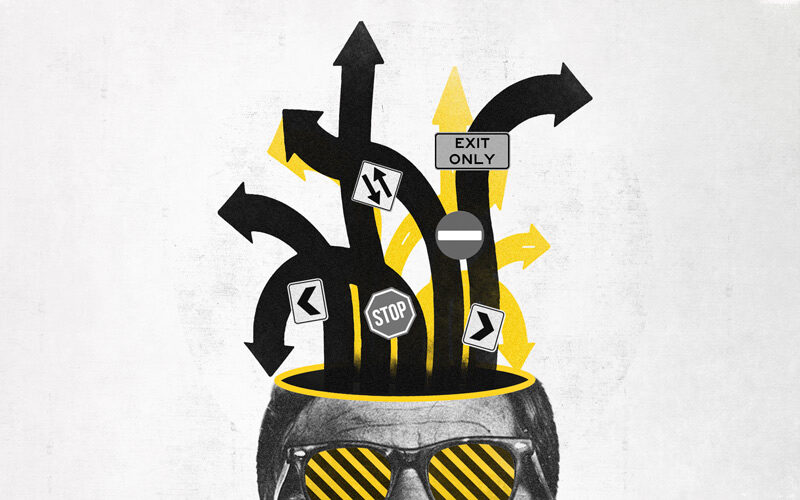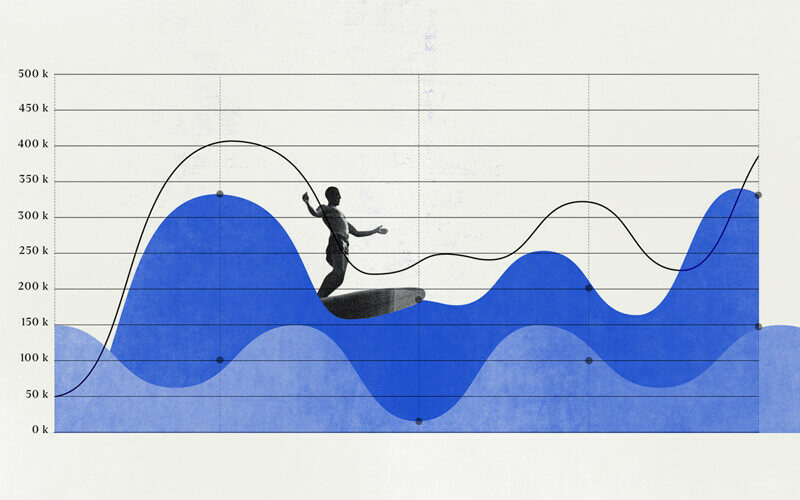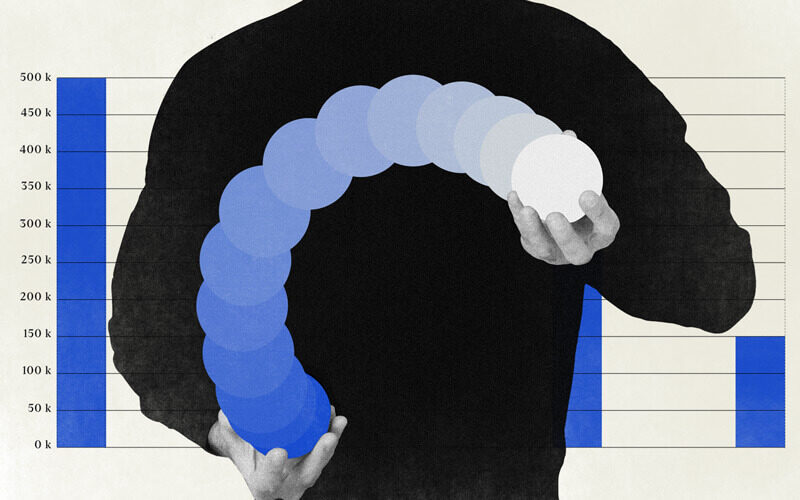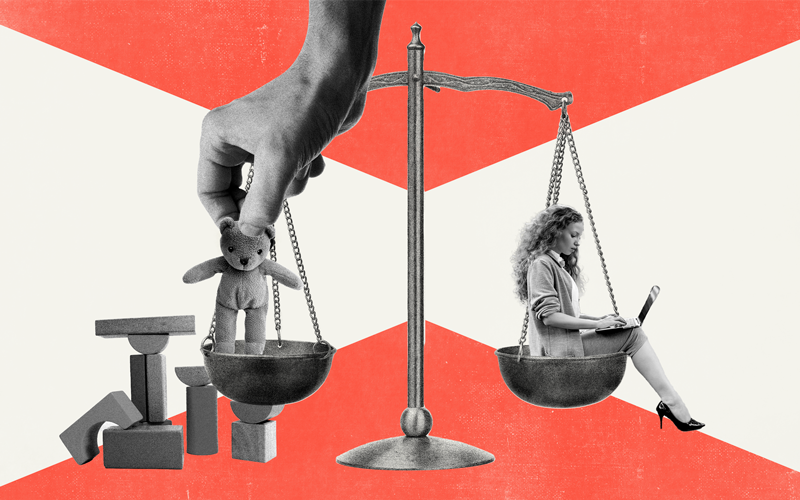ADHD affects around 4% of the Australian population. If you’re in that 4%, you might forgive us for saying conventional employment can be tough.
ADHD makes sitting through protracted meetings and long training sessions extremely difficult. Many who experience ADHD are excellent strategists but poor with attention to finer details. You might find it difficult to keep focus on one project, leaving things unfinished so you can move onto the next thing that excites you.
Depending on the severity, “bad days” can lead to a range of emotional and mental health struggles, which in turn can manifest as poor performance at work or absenteeism.
It’s a little patronising to refer to a neurological condition as a superpower, but it’s become a common theme in business discourse.
It’s patronising not just because ADHD is a spectrum of several subtypes, and each person’s experience is different. But also because its sufferers have plenty of days where it certainly doesn’t feel like a superpower.
When symptoms go unchecked or medicine is inaccessible, it can feel like the walls are caving in.
There’s also a tendency for society to lean the other way, pigeonholing the disorder as a terrible handicap, and sufferers as employment kryptonite.
As usual, the truth is somewhere in the middle. ADHD can be prohibitive. But it has certain characteristics that, when employed correctly, can help in a professional environment rather than hinder.
Especially when that professional environment is your own startup.
ADHD and productivity
ADHD is far from a sole negative.
ADHD founders include Richard Branson, Charles Schwab, IKEA founder Ingvar Kamprad, and Cisco founder John Chambers.
The hyperfocus people with ADHD can experience means they’re able to spend long sessions in a state of productivity that would burn out the average bear.
There’s nothing inherently harmful about this productive state, although it can manifest as an employee neglecting other tasks or a founder neglecting their human needs.
It brings us speedily to the argument for adaptive management. Benchmarking every employee against the same criteria makes little sense. What a manager might get out of an ADHD employee on a bad day will likely come back to them ten-fold on a good day. ADHD employees can exist in a state of extremes, but they are not necessarily “worse” employees than neurotypicals.
ADHD and founders
ADHD brains aren’t very good at self-regulation. In their perpetual hunt for dopamine, they tend to seek higher levels of stimulation than neurotypicals. And risk-taking provides the perfect hit.
Dr. Johan Wilklund studied the exact dynamic combo of founders and experiencers of ADHD at Syracuse University. He found, “Those with ADHD tend to spur themselves into action regardless of uncertainty. An impulsive inability to wait comes with a willingness to take risks.”
There’s no successful business in the world where a risk hasn’t been taken in the pursuit of success. ADHD entrepreneurs tend to play for high stakes. It doesn’t guarantee them success, but it does mean they’ll take the chances a neurotypical might not. And sometimes, those chances will pay off.
It’s highly subjective, but Wilklund said his particular group of ADHD entrepreneurs knew the value of their condition. Those he studied “struggled”, but if they had a chance to wave a wand and rid themselves of ADHD, “none of them would take it.”
There are other factors that may make a life of self-startership suitable.
Focus switching
Running with coffee and laptop in hand between the lab and investor lunches is an ideal lifestyle for an ADHD founder. You’re constantly on the move, continuously thinking as you walk or drive between work and meetings. To do this every day for 60 to 80 hours a week requires a mind that’s used to being “on” for long periods of time.
Simultaneous thinking
Some who experience ADHD can follow a conversation while thinking, evaluating, and calculating. Some are extremely adept at envisioning potential or theoretical scenarios. The ability to juggle different trains of thought at the same time makes them ideal problem solvers and critical thinkers.
Acknowledging the struggle
Prioritisation
Possibly the biggest thorn in the side of ADHD founders is getting through to-do lists.
Founder of the International ADHD Coach Training Centre Laurie Dupar talks about the ‘tolerations’ ADHD people have to endure, often including “incomplete tasks, frustrations, problems, other people’s or your own behaviour, clutter, “shoulds”, unmet needs, crossed boundaries, unresolved issues or guilt, lack of exercise, eating habits, being indecisive, procrastinating, lack of sleep…”
That’s quite a lot to tolerate.
She speaks about the importance of realising the sheer amount of things you’re tolerating at any one time. Once you identify them, rather than trying to white-knuckle through and bear the weight of all of them, choose five areas of focus.
This might mean five tasks to focus on per day. Or five areas of improvement per month. It might even mean five things you’re going to stop devoting energy to.
Feelings of guilt about incomplete work or obsessing about that one mistake or social slip up are very common for ADHD sufferers. You might choose five unhelpful thoughts you’re going to stop feeding time and energy into, and replacing them with more positive mantras.
Possibly one of the best courses an ADHD sufferer can choose is to be an employer, not an employee.
Being in control of tasks rather than trying to attend the needs of others suits the need for novelty, stimulation, and variety.
Kinko’s founder and ADHD sufferer Paul Orfalea acknowledges he “can’t write a letter and I can’t fix a machine… I don’t get bogged down in the details, because of my ADHD. I hire capable people to handle that.”











